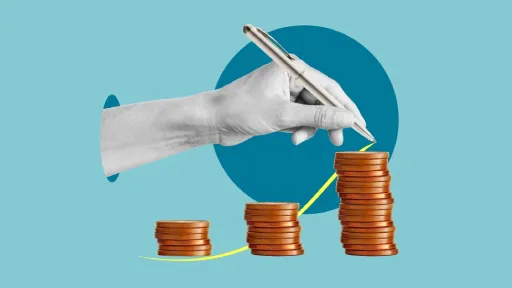Understanding how long does a charge off stay on your credit is crucial in today’s financial landscape, where maintaining a solid credit score can open doors to loans, credit cards, and even housing opportunities. A charge off is more than just a negative mark; it influences your financial well-being for years, impacting your ability to secure affordable credit. This article dives deep into how charge offs affect your credit report, how long they last, and what steps you can take to recover.
How Long Does a Charge Off Stay on Your Credit?
A charge off is a status lenders apply when a debt is severely delinquent, typically after 180 days (six months) of non-payment. Legally, the charge off can stay on your credit report for up to seven years from the original delinquency date. This time frame is consistent with the Fair Credit Reporting Act (FCRA), which limits how long negative information can be reported.
What Exactly Is a Charge Off?
A charge off occurs when a creditor writes off an outstanding debt as a loss because the borrower has failed to make payments for an extended period. However, the debt doesn’t disappear; it just changes hands or the creditor may still attempt to collect it, often by selling it to debt collectors.
Why Does a Charge Off Matter?
- It drastically lowers your credit score due to the severity of delinquency.
- It signals high risk to future lenders.
- It can make getting new credit more expensive due to higher interest rates.
- It might prompt collection efforts and legal action.
The Timeline: How Long Does a Charge Off Stay on Your Credit?
Knowing the timeline can help you plan your financial recovery effectively.
- Day 0: Your payment becomes overdue.
- Day 180: Creditor charges off the debt.
- Up to 7 years: Charge off entry stays on your credit report.
It’s important to note that the seven-year countdown starts from the first missed payment that led to the charge off, not from the charge off date itself.
Can You Remove a Charge Off Early?
Removing a charge off before the seven-year mark is challenging but not impossible. Here are some potential methods:
- Disputing inaccuracies: If the charge off information is incorrect, you can file a dispute with credit bureaus.
- Negotiating with creditors: Sometimes creditors may agree to remove the charge off in exchange for payment or settlement. This is known as a “pay for delete” agreement.
- Waiting it out: Most charge offs naturally fall off your credit report after 7 years.
How Does a Charge Off Affect Your Credit Score?
A charge off is one of the most damaging items on your credit report. Its impact can cause your score to drop by 100 points or more depending on your existing credit profile. Because it indicates a serious delinquency, lenders view it as a sign that you might not repay future debts reliably.
Steps to Rebuild Your Credit After a Charge Off
Even though a charge off stays on your report for years, you can take actionable steps to improve your financial standing.
- Pay off or settle charged off debts: Clearing the debt can look better to lenders, even if the charge off remains on the record.
- Maintain timely payments: Regular on-time payments on other accounts boost your score over time.
- Monitor your credit report: Check for errors or outdated information regularly.
- Use secured credit cards: These can help build a positive payment history.
- Limit new debt: Keep balances low and avoid opening unnecessary accounts.
Frequently Asked Questions About Charge Offs
Will Paying a Charge Off Remove It From My Credit Report?
No, paying a charged off debt doesn’t remove it from your credit report but changes its status to “paid charge off,” which looks better than unpaid but still impacts your credit health.
Can a Charge Off Lead to Legal Action?
Yes, creditors or debt collectors can sue you for unpaid charged off debts, although this is not automatic.
Does a Charge Off Affect Employment or Housing?
While most employers and landlords focus on your overall credit profile, a charge off may raise red flags depending on the circumstances.
Conclusion
Understanding how long does a charge off stay on your credit empowers you to manage your financial future responsibly. While a charge off is a serious setback and remains on your credit for up to seven years, there are still ways to mitigate its impact and rebuild your creditworthiness over time. By staying informed and proactive, you can regain control of your financial health and unlock better opportunities.

